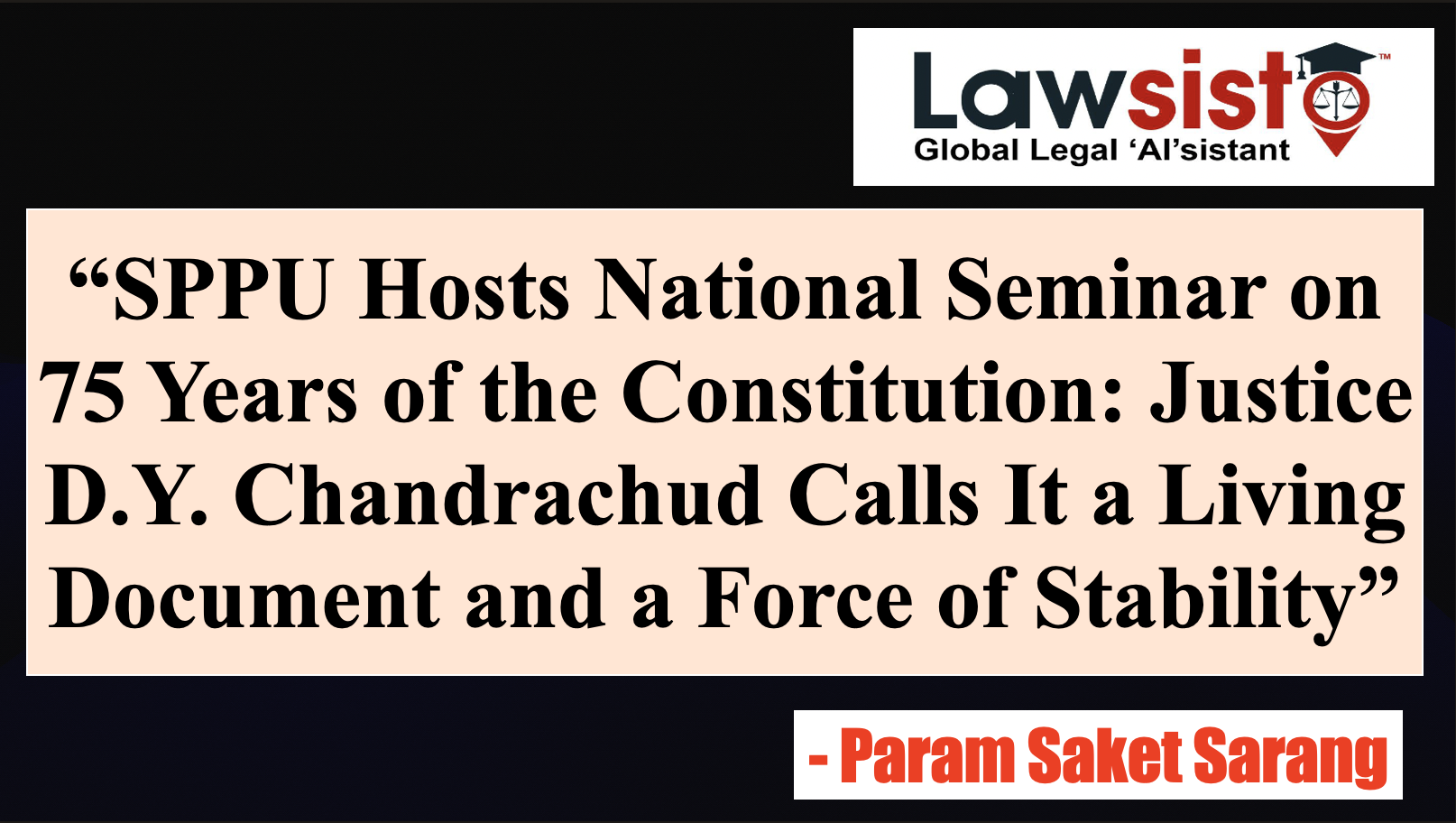Latest Articles
The Hart-Fuller debate in a Nutshell

There has been a long standing debate between legal positivists and natural law theorists. For the positivists, Law is simple ‘what is’ and morality is ‘what ought to be’ and law is fundamentally about a separation between ‘what is’ and ‘what ought to be’. In other words, the legal system is a free standing system of ‘what is’ and it does not need to point beyond itself to some other conceptions or moral or theological system in order to justify its independence, autonomous existence and validity.
Natural Law theorists, however, reject this contention. According to them, Law is based on something beyond the legal system and that is, specifically, morality. So this argument between law and morality has taken form in the legal theoretical argument between the positivist theory and natural aw theory. One of the places where this contention becomes urgent for us to solve is in a situation like clearly unjust laws that were in place during Nazi holocaust in World War II. This highlights the realities of the problems between these two positions. Two legal scholars who represent these legal positions, H.L.A Hart, a positivist and Lon L. Fuller, a natural law theorist engaged in protracted debates between these two traditions of jurisprudence. It began when Hart published in the Harvard Law Journal, 1958 – a paper entitled ‘Positivism and the Separation of Law and Morals’ while Fuller replied to this in the same journal with an article ‘Positivism and a Fidelity to Law – A reply to Professor Hart’. Hard consequently wrote ‘The Concept of Law’, a major book outlining legal positivism in its 20th century form to which Fuller replied with another book ‘The Morality of Law’, reinstating the need to maintain a natural law position, in spite of the growing popularity of positivism. Subsequently this debate continued through journal articles, throughout the length of their lives.
Hart, in his original 1958 paper addresses 3 common critiques usually levelled by a natural law theorist to legal positivism, which went on to become the basis of the debate between the two. This included:
- Austenian theory of law of command recognising the 4 factors to define law to be command, sovereign, punishment and obedience, making it independent of morality.
- Problem of Penumbra often criticized by natural law theorists was solved by stating that ‘what ought to be isn’t necessarily understood in a moral framework but rather a legal one.
- Bad law, taking the holocaust as an example
Hart defends ‘minimum content theory of natural law’. In other words, in order to overcome the problem of morally bad laws, he does allow a certain influence of morality within the legal system but he refers to this as absolute minimum- only so much moral infiltration as is necessary to maintain the internal consistency of the system referred to as inclusionary positivism as opposed to exclusionary positivism.
Fuller, in this regard is unclear about whether, for Hart, the distinction between ‘what is’ and ‘what ought to be’ really is about morality. While Hart consists ‘what ought to be’, from a natural law perspective - to conserve a precious moral principle, Fuller says ‘what ought to be’ is about preserving the fidelity towards law itself and not about preserving a precious moral principle. He suggests that legal positivists are moralizing the nature of morality when in fact, the moral input into the legal system is already there in the positivists, when we see that the attempt to internally reconcile, all legal principles is seen as a value fidelity to the law. That value is the value outside of the legal system to which a legal system necessarily references to.
















































































































































































































































































































































































































































